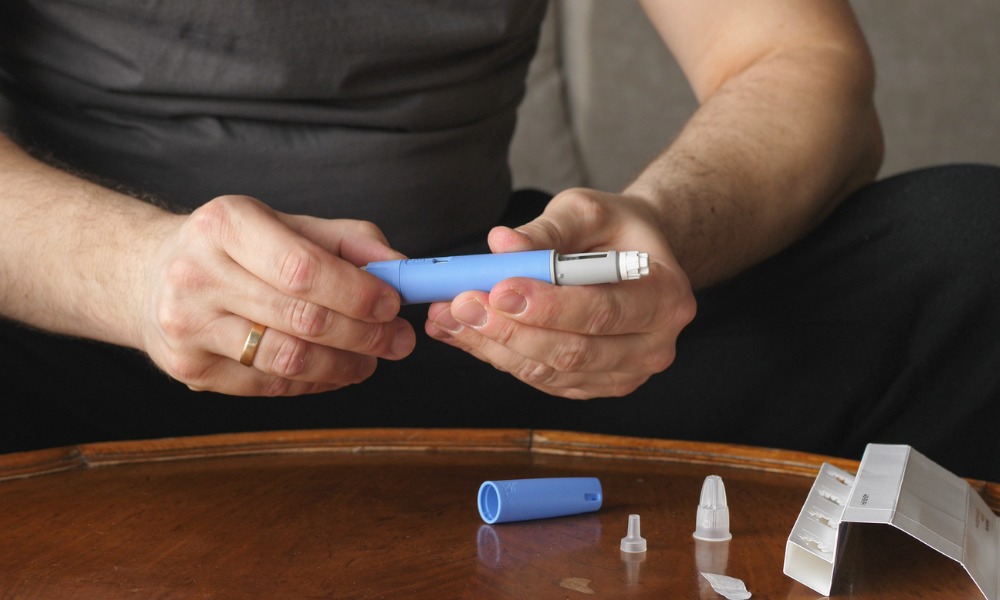Are you, like, judging candidates on their use of the word “like”? Frequent use might be a good sign.
The overuse of the word “like” is a pet peeve of many people, and it’s more often associated with ditzy teenagers than effective communicators.
Daily Muse writer Sara McCord said she was called out on her use of the word, and claimed it “detracts from your message and overall professionalism.”
However, according to a recent study published in the Journal of Language and Social Psychology, research findings suggest that saying “like” could be a sign of conscientiousness.
“When having conversations with listeners, conscientious people use discourse markers, such as ‘I mean’ and ‘you know,’ to imply their desire to share or rephrase opinions to recipients,” the researchers said. “Thus it is expected that the use of discourse markers may be used to measure the degree to which people have thoughts to express.”
The word is used as filler, but unlike “um” it indicates interest in what other people think, and a willingness to be flexible in their opinions.
That could be a good thing for HR, especially if you’re looking for adaptable team players who aren’t going to be a cause of conflict in the workplace.
What would your reaction be to a candidate using “like” as filler? How much is too much?
Daily Muse writer Sara McCord said she was called out on her use of the word, and claimed it “detracts from your message and overall professionalism.”
However, according to a recent study published in the Journal of Language and Social Psychology, research findings suggest that saying “like” could be a sign of conscientiousness.
“When having conversations with listeners, conscientious people use discourse markers, such as ‘I mean’ and ‘you know,’ to imply their desire to share or rephrase opinions to recipients,” the researchers said. “Thus it is expected that the use of discourse markers may be used to measure the degree to which people have thoughts to express.”
The word is used as filler, but unlike “um” it indicates interest in what other people think, and a willingness to be flexible in their opinions.
That could be a good thing for HR, especially if you’re looking for adaptable team players who aren’t going to be a cause of conflict in the workplace.
What would your reaction be to a candidate using “like” as filler? How much is too much?





